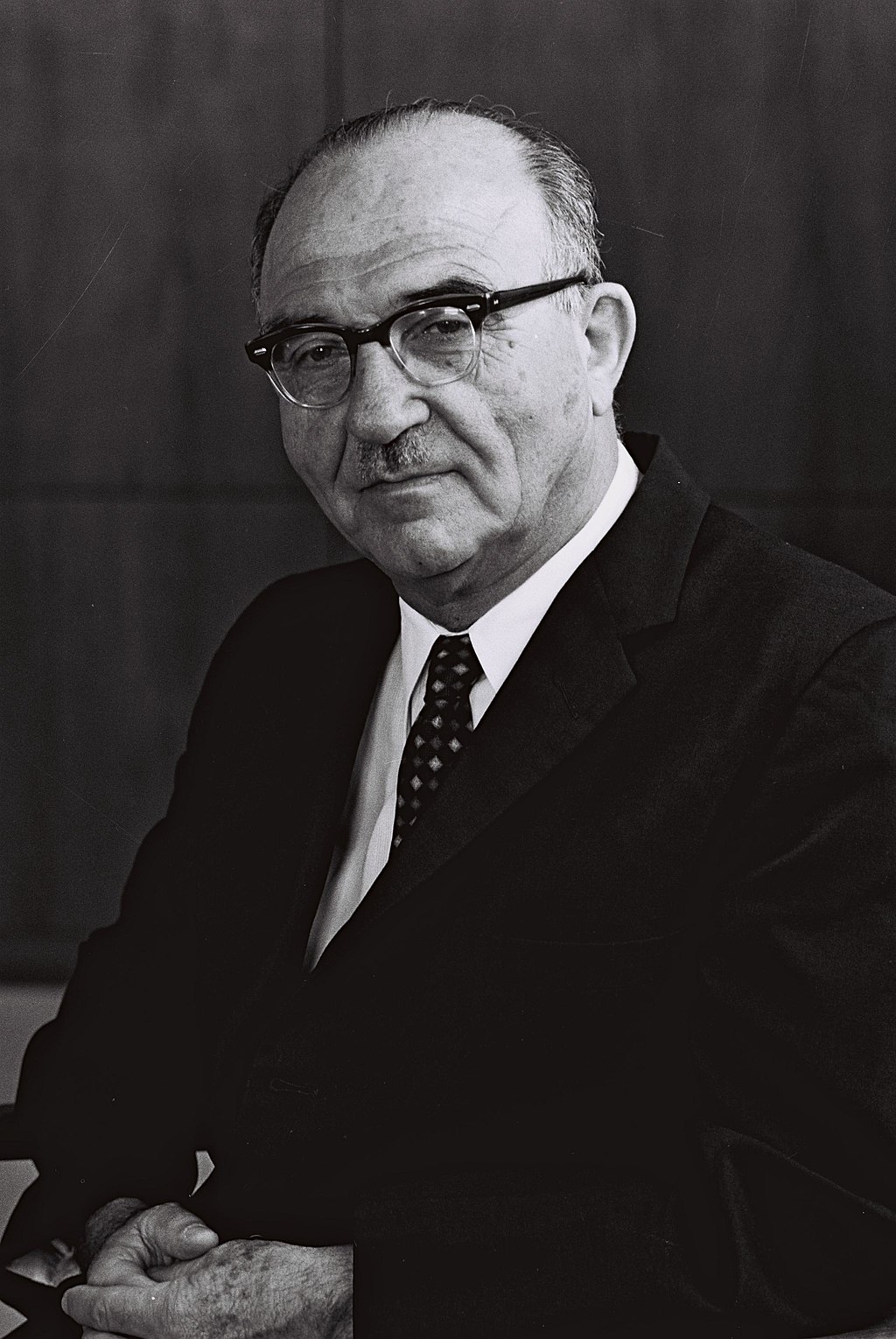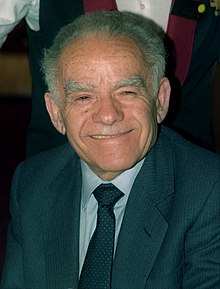Introduction
Shimon Peres was one of Israel’s most influential and enduring political figures, whose career spanned nearly seven decades. Born on August 2, 1923, in Poland, Peres held almost every major government position in Israel, including Prime Minister and President. He was instrumental in shaping Israel’s defense and economy and played a key role in the peace process with Israel’s neighbors, particularly through the Oslo Accords.
Early Life and Political Beginnings
Peres emigrated to Palestine in 1934, settling in Tel Aviv with his family. As a young man, he became active in the Labor Zionist movement and worked closely with David Ben-Gurion in the years leading up to the establishment of the State of Israel. Peres was involved in the Haganah, where he played a key role in securing arms and building Israel’s defense capabilities during the War of Independence.
Defense and Economic Leadership
In the 1950s, Peres was appointed Director-General of the Ministry of Defense, becoming one of the architects of Israel’s defense strategy. He was instrumental in establishing Israel’s military-industrial complex and securing arms deals that helped build the strength of the Israel Defense Forces. Peres was also a key figure in developing Israel’s nuclear program, which he saw as essential for the country’s security.
Throughout the 1960s and 1970s, Peres held various ministerial positions, including Minister of Defense and Minister of Finance. His focus on economic development and technological innovation helped lay the groundwork for Israel’s transition from a primarily agrarian economy to a high-tech powerhouse.
The Oslo Accords and Nobel Peace Prize
Shimon Peres is perhaps best known for his role in the Oslo Accords, a series of agreements aimed at achieving peace between Israelis and Palestinians. As Foreign Minister in Yitzhak Rabin’s government, Peres was a driving force behind the negotiations, working tirelessly to bring both sides together. In 1994, he was awarded the Nobel Peace Prize alongside Yitzhak Rabin and Yasser Arafat in recognition of their efforts to advance the peace process.
Peres was a firm believer in the possibility of peace and often spoke about his vision of a ‘New Middle East,’ where economic cooperation and dialogue could bring stability and prosperity to the region. Despite the setbacks and challenges that followed the Oslo process, Peres remained committed to the idea of coexistence and dialogue.
President and Later Years
In 2007, Shimon Peres was elected President of Israel, a largely ceremonial role that he transformed into a platform for advocacy and diplomacy. As President, Peres focused on promoting peace, innovation, and the potential of young people. He became a beloved figure, both in Israel and internationally, known for his optimism and forward-looking vision.
Peres continued his public service well into his 90s, founding the Peres Center for Peace and Innovation, which promotes cooperation and technological advancement as pathways to peace. He passed away in 2016, leaving behind a legacy of leadership, innovation, and a lifelong pursuit of peace.
Legacy and Impact
Shimon Peres’s contributions to Israel are vast, from building the nation’s defense capabilities to advocating for peace and innovation. He is remembered as a statesman who never gave up on his dream of a better future for Israel and its neighbors. His legacy lives on through the Peres Center for Peace and Innovation, which continues his mission to foster a culture of peace and progress.
Peres’s ability to adapt to changing times and his belief in the power of human ingenuity made him a visionary leader. His life’s work serves as an enduring reminder of the importance of hope, creativity, and perseverance in the face of adversity.



